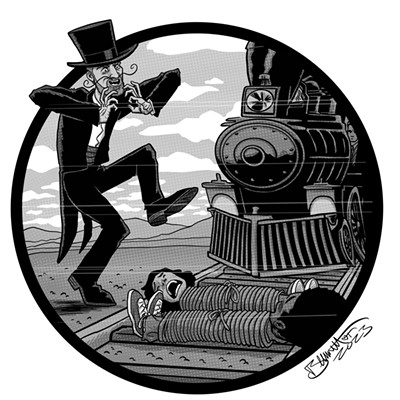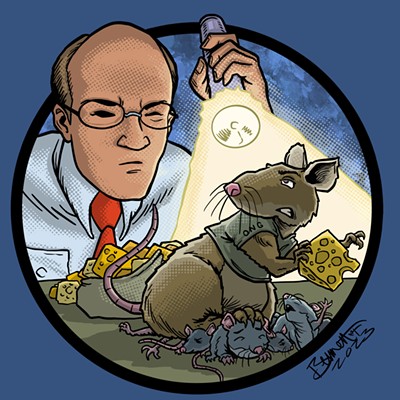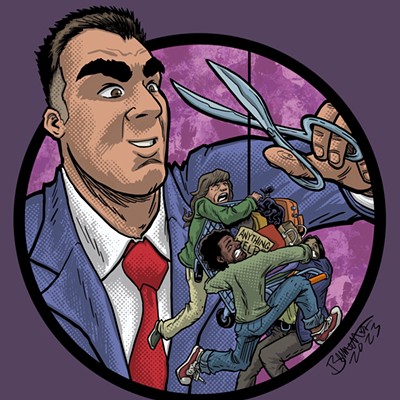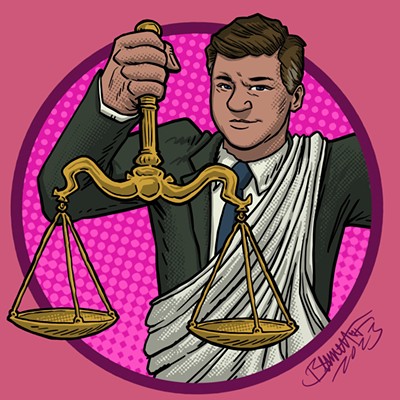During the last five decades, Howell, now 79, has accepted almost every type of legal case imaginable, but now his practice focuses on injury law.
When he talked about possibly ending his long, illustrious career, the attorney and former state legislator joked, “Old lawyers don’t retire; they just lose their appeal.”
That’s not the case with Howell.
He’s in the office most weekdays and even works on weekends if a trial is scheduled the following Monday. His work ethic and dedication to his clients hasn’t changed since 1963, when he graduated with his law degree from the University of Oklahoma.
At that time, and for several years afterward, his schedule was filled with cases — some that he accepted just to pay the bills.
“I never want to see another criminal case, divorce case, real estate, bankruptcy case again,” he said during an interview at his Midwest City office. “I never did like them, but you took them as a matter of making a living.”
Now, Howell is selective about the cases he takes and whom he represents.
“I don’t represent people I don’t like.
After 50 years, I’m entitled to that.”
As Howell talks about his career in law and politics, he’s quick to say he wouldn’t change anything.
“I’m so glad I became an advocate.
It has given me the opportunity to help people and make a living at the same time,” he said. “After 50 years, I hope I’m pretty good at it.”
Before law
It didn’t take long for Howell to realize he needed a law career in order to make a living — something he couldn’t do as a schoolteacher. After graduating from Oklahoma Baptist University in 1956, Howell was hired as a teacher and coach at rural Wetumka High School at an annual salary of $2,900.
At the time, he taught four speech classes and a gym class and was head basketball coach, assistant football coach, assistant track coach and head junior high football coach.
Knowing he couldn’t support a family on that salary, he moved to Midwest City, where he earned $3,900 a year. Still, that wouldn’t do it, either.
A “sneak peak” at a veteran teacher’s paycheck was the last straw for Howell. That’s when he enrolled at University of Oklahoma College of Law in 1959.
Howell practiced law and served as Midwest City’s municipal judge for seven years before his run at a state Senate seat, which he won in 1970 and held until 1986. Howell defeated incumbent H.B. Atkinson, the brother of W.P. “Bill” Atkinson, publisher of the former Oklahoma Journal and founder of Midwest City.
The sneak peak incident left Howell sympathetic toward educators, a group he supported and argued for during his 16 years at the state Capitol.
“I did everything I could to get teachers’ salaries up,” he said. “I would tell the other legislators if you pay a teacher the same amount you pay a plumber, you’re going to have tight faucets and leaky minds.”
While in the legislature, Howell coauthored Oklahoma’s balanced budget amendment measure, which state voters approved, and wrote the bill that established the state’s Rainy Day Fund.
As chairman of the State Senate Education Committee for 12 years, Howell was instrumental in obtaining full state funding for Rose State College and later was the principal author of a bill that established the first state funded classes for gifted and talented students in public schools.
Accolades
University of Oklahoma President David Boren, who was one of three governors during Howell’s time in the Senate, wrote the forward for Howell’s 2007 book Country Lawyer: The Life and Times of James F. Howell.
In his commentary, Boren wrote, “Jim’s commitment to equal opportunity, which he demonstrated as a teacher, was also his hallmark as an attorney. He did not use exalted phrases like ‘pro bono’ to describe much of his practice. He quietly made sure that everyone who needed and deserved good legal representation received it without regard to his ability to pay. He worked just as hard to represent his indigent clients as he did for those who could pay large fees.”
Boren’s reference to equal opportunity was based on Howell’s first year as a teacher, when racial integration was introduced in Oklahoma. As Wetumka’s head basketball coach, Howell selected three black players as starters, a move that created controversy in town. But after compiling a 30-1 record in 1956, the debate settled down and the racially mixed team was no longer an issue.
In the book’s introduction, U.S. District Judge Lee West wrote, “Country lawyers like Jim, by working side by side with their neighbors seems to demystify the law while at the same time instilling a deeper reverence for it.”
West was one of Howell’s professors during his time at OU.
Feeling comfortable
During the Gazette interview, Howell talked about his approach to dealing with clients regardless of their social, political or financial status.
“I want everybody who comes in here to know I’m not looking down on them,” he said. “But some lawyers with the threepiece suits and who smell good have a tough time making friends with their clients.”
His attitude, he said, stems from a blue-collar background and religious conviction. “I’ve incorporated faith into my profession. I’ve been teaching Sunday school for 56 years, and I use some of that in my law practice. Things haven’t come easy, but with a little luck, a lot of faith and good health, I’ve been blessed.”















